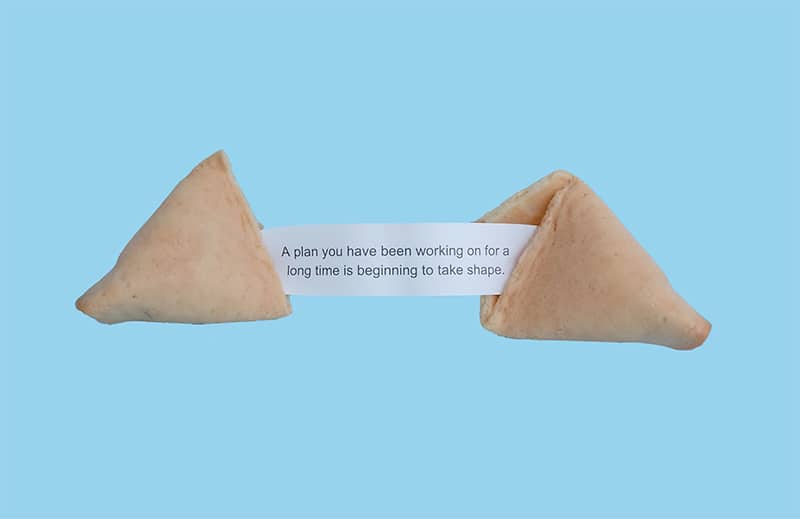The College Board—the organization responsible for creating college-preparedness exams like the SAT and the AP tests—is once again facing intense scrutiny. Earlier this summer, the organization came under fire when students expressed their frustration over scores for the June SAT test, which seemed to be lower than usual due to the difficulty of the questions and the way that the College Board calculates a unique curve for each individual exam. After the College Board repeatedly stated that they would not be rescoring the June test, the related #rescorejunesat outrage on Twitter has mostly died down. Now, the group finds itself again facing the wrath of teens (and their parents!) for alleged unfair testing practices. The culprit this time? The presence of recycled questions on exams, a practice that has now led to a lawsuit against the College Board.
At first glance, it might be difficult to understand why reusing material from previous tests is a problem worth filing a lawsuit over. Why is it unfair that students who study more and take more practice exams have a greater likelihood of encountering this recyclable content, increasing their chances of receiving a high score? Increased studying should lead to a commensurate increase in score, right? Although several elite colleges have stopped requiring SAT/ACT scores from applicants, citing issues of inequality in access to test prep and tutoring, in general, students around the world can access practice tests online or at their local library.
However, critics rightfully point out that the presence of recycled questions might compromise the integrity of the SAT. In some instances questions or even entire sections have been leaked on social media before the test date, which clearly gives students who studied the leaked material a huge advantage. The acronym SAT originally stood for Scholastic Aptitude Test, after all—the original intention of the test was to measure aptitude, not whether a student is Twitter-savvy enough to have worked through and memorized a bunch of previously used questions. While it requires a healthy dose of grit, determination, and hard work to buckle down and complete hundreds of practice problems—all character traits that lead to success in college and beyond—the SAT was not designed to measure those things. Raw ability, creative thinking, and intellect should not be able to be practiced or coached.
What I have to say to those critics is: you’re right. When the College Board decides to reuse old or leaked material, they do compromise this idea of the SAT as a great equalizer of an exam that reveals pure talent and nothing else. But we can’t ignore that the SAT has never lived up to this ideal. Rather than a crystal ball that reflects natural intellectual ability, the test actually reflects a myriad of other things, including socioeconomic status, quality of education and, yes—degree of preparation.
So what do we do with this knowledge? It’s unlikely that the College Board will change its practices and abandon the use of old material in tests moving forward. And until more schools choose to deemphasize the role that test scores play in their admissions decisions, it’s wise to play the game, and to play it well—even if that means hours upon hours spent in front of that thick blue book.












